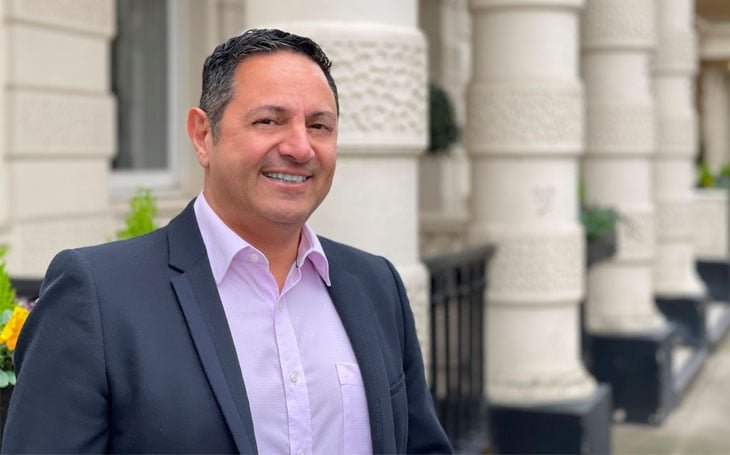
Later this summer, lawyers representing some of Britain’s wealthiest landowners will convene at the Royal Courts of Justice, hoping a judicial review will shield them from what they describe as the punitive consequences of the Leasehold and Freehold Reform Act 2024.
These landlords argue that elements of the Government’s sweeping reforms breach the Human Rights Act and could result in substantial financial losses.
Central to their concerns are the proposed abolition of marriage value, the introduction of a cap on ground rents, and new rules removing their right to recover limited legal and valuation costs from leaseholders.
What’s changing
Marriage value is an uplift of the property’s market value on a lease extension, currently split 50:50 between the leaseholder and freeholder.
It therefore constitutes an additional premium that leaseholders must pay to extend a lease that has fewer than 80 years remaining. The Act proposes providing the full benefit to the leaseholder, effectively scrapping the charge at the freeholders’ expense – a move designed to make lease extensions significantly more affordable.
The overarching intent of the Act is to shift power away from freeholders and toward leaseholders.”
The legislation also aims to cap ground rents – a frequent source of disputes and long-term financial strain for leaseholders. While the specifics of the cap are still being finalised, the Government’s stated goal is to ease the burden on leaseholders and bring greater fairness to leasehold arrangements.
Another key reform is that landlords will no longer be able to pass on any legal and professional costs of lease extensions to leaseholders. Instead, they will be expected to cover these expenses themselves.
The overarching intent of the Act is to shift power away from freeholders and toward leaseholders, making it easier and cheaper for them to extend leases or purchase their freehold.
Who’s fighting
Major freeholders – including the Grosvenor and Cadogan Estates – are spearheading the legal challenge. These historic landowning dynasties control vast swathes of central London: the Grosvenor Estate owns around 399 acres in areas like Mayfair and Belgravia, while Cadogan’s holdings span about 90 acres across Knightsbridge and Chelsea.
They are joined in their action by two charities, including a children’s charity, John Lyon’s Charity, which funds community projects across nine London boroughs.
They’re drawing a legal line in the sand.”
These estates and charities argue that the Act infringes their property rights and fails to strike a fair balance between landlord and leaseholder interests.
They’ve already seen their business models eroded by earlier leasehold enfranchisement reforms, which allow long-leaseholders to buy out the freehold. Now, with even greater changes on the horizon, they’re drawing a legal line in the sand.
If landlords win
Should the High Court side with the landlords, it would present a major obstacle for the Government’s housing reform agenda. However, it would not be the end of what has already been a long road. Courts cannot compel Parliament to change legislation; they can only declare incompatibility or highlight human rights concerns. The Government is under no obligation to revise the Act.
If they lose…
If the landlords’ challenge fails, the Government faces potential challenges from leaseholders who have exercised their right to their freehold and will suffer a financial shift in wealth from themselves and their neighbours.
The Government still has tools at its disposal to address any legal or constitutional concerns. According to Hetts Solicitors, Parliament could make targeted amendments, launch additional consultations, or employ secondary legislation to refine the Act, preserving its core objectives while ensuring compliance with human rights law.
Mike Somekh is CEO of The Freehold Collective, which specialises in helping leaseholders acquire their freeholds.

